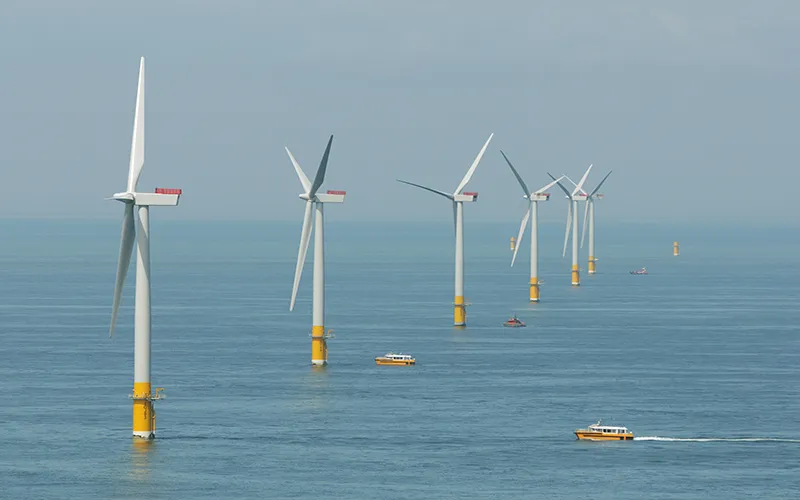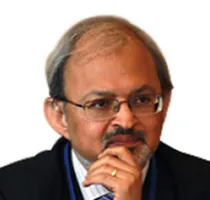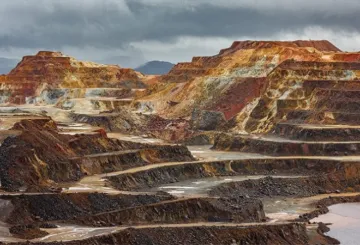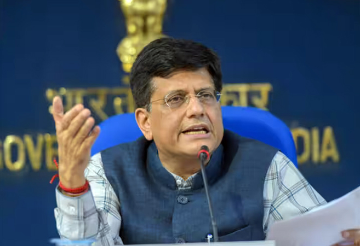Tumbling oil prices have proved to be a boon for Prime Minister Narendra Modi's administration. The government, given new space to reform pricing, moved immediately to rationalize subsidies, pragmatically continuing with the Aadhaar card-based biometric ID scheme for the direct transfer of cooking-gas subsidies, which will eliminate ghost beneficiaries and curtail leakage. Similarly, it adeptly used falling prices to deregulate petrol and diesel, allowing oil-marketing companies to fix prices for the first time in twelve years and, therefore, reverse the systemic underrecovery of costs.
However, private actors, singed by the policy fluctuations of 2003-2004, have remained wary of entering the market, unsure of the government's future policies should crude prices rise again.
Simultaneously, a halfhearted move on gas pricing did little to comfort investors. The government continued with restrictions on the sale of domestic gas. It then tied a sizeable chunk of the pricing formula to Russian-ruble-denominated local prices at a time when the ruble was in free fall and investors' faith in the sanctity of Russian markets was at an all-time low.
Even though the pronouncements of the Supreme Court could have forced a rethink and provided the impetus for market-based liberalization, the government continued with end-use reservations for coal blocks, even as it made the process of auctions more open and transparent.
The Modi government's biggest challenge is battling a legacy of distrust.
By not opening the coal sector to merchant mining, the government may have missed an opportunity. There is still no coal market in India, and major mining enterprises have little interest in acting as subcontractors and service providers, saddling the sector with poor technology and inefficiency. Meanwhile, even as the government goes about maximizing auction revenues, tariffs remain nonnegotiable. Should the projects turn unviable, the government as well as lending institutions may find themselves in a cleft stick again.
The Modi government's biggest challenge is battling a legacy of distrust. The dominant political discourse in India remains deeply suspicious of market liberalization. Indeed, it was this throwback to the old patronage system that flourished during the "License Raj" era that led to arbitrary systems for allocation of coal blocks and the telecommunications spectrum. In terms of energy policy, there had been a hope that the new government's focus on economic growth would shift the political discourse to an acknowledgment of the strength of market-based reforms. However, if the government continues to pursue a reform path of least resistance, the process may yet again be mixed, uneven, and viewed with deep skepticism.
(The writer is the director of the Observer Research Foundation, New Delhi)
Courtesy: (Carnegie Endowment), 26 May, 2015
The views expressed above belong to the author(s). ORF research and analyses now available on Telegram! Click here to access our curated content — blogs, longforms and interviews.




 PREV
PREV


